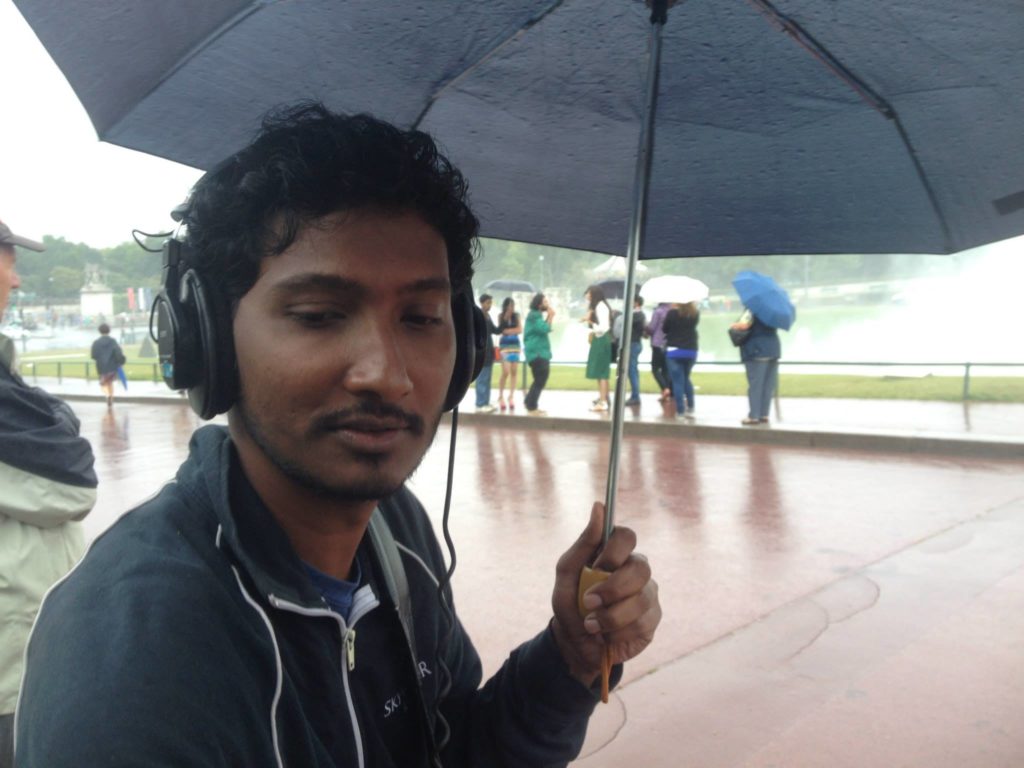
As a child what were your early influences towards cinema?
My mother was an avid cinema watcher. She encouraged us, as children to watch movies at home and in the cinema. We would even watch regional movies on Doordarshan on Sunday afternoons and rent VHS tapes too. I was exposed to all kinds of cinema right from a very early age. I guess that, kind of, subconsciously influenced me.
How did you first become interested in audiography? most people don’t know about this field of cinema?
I became interested in Audiography primarily because of music. When I was younger, I was obsessed with music. That obsession led to, wanting to perform and later, record music. Recording music, eventually led me to, wanting to experiment with different sounds – not just musical sounds but all kinds of sounds. Once I got to FTII, I began observing film sound design more closely and was drawn to it.
What steps did you take to train yourself?
I just began noticing things more keenly I think. That’s the only real training I think I have provided myself with. I observe the world around me as carefully as I can. I try and travel, as much as possible, in order to explore newer worlds that I don’t normally have access to. I try and pay attention to people that surround me, so I can see and understand alternative points of view. I think all of this has been part of my training beyond the usual, academic techniques and methods. Besides this, I try and watch as many movies as possible, because that provides me with insights into peoples minds. The filmmakers mind.
How did your first film project come about? Tell us something about the experience.
My first interesting film project as a Sound Designer was Asha Jaoar Majhe / Labour of Love. I had worked on some films before that but this was the first one that really gave me the opportunity to explore the world of sound like it did. The film was set in Kolkata, the city I grew up in and thereby I got a chance to relive and recreate the world of my childhood, aurally – an entire world, through sound design. The film didn’t have any dialogue or music, which sort of helped me focus more on the sounds of the actual environment, and feel emotions that are generated through that experience, rather than being made to feel emotions through a swelling background score.
How do you decide on the sound design of a film, apart from what comes naturally from the script? What are your inspirations?
I don’t pre decide the sound design of a film. I let the characters and the situations they find themselves in, lead me to it. I try and explore their worlds. I try and imagine what they would be hearing around them. I also try and evoke feelings in the minds of the audience through sound. It could range from empathy for the character to repulsion. Having said that, it needs to be organic and seamless. You never want the audience to exit the world that we so painstakingly try to create in a film. So we need to always be careful of excesses.
Is Sound Design intuitive or is it something you learn?
I think Sound Designing for me has been both intuitive and something I’m constantly learning about. Guess I have always had a keen ear but I think it does need some sort of training to be able to design sound for a medium like film. Its important to be able to identify what elements you would like to include as part of your design, given the context. That’s the part I think that comes with training. Good ear training is important.
What is your genre? (What genre do you enjoy most)
I don’t have a specific genre I enjoy over others. Im trying to explore as many different genres as possible. Having said that, realism, is something that I find challenging to achieve in cinema and therefore I like to explore that. Its extremely difficult to perfect because there’s always a reference to reality, readily available and we are constantly trying to match the constructed perception of reality with that. That for me is challenging and interesting.
What part does risk-taking play in your work, if any?
Risk taking is what makes my work fun, I believe. If I play it safe and do what everyone else does, then my work does not have any unique identity. It could be the films I choose to take up or the path I choose to take the design of the film on. I believe it’s important to be nervous and uncomfortable sometimes, with regard to the choices we make. That’s what makes it satisfying.
What is more important story or technique? If story is more important, then why not a book or theatre?
Something can be classified as important only within a certain context. Therefore within the context of cinema, I think the idea is definitely more important than technique. We have various techniques and tools available to us in order to convey an idea effectively. If the core idea itself is weak, then no amount of technical expertise can help make a truly amazing film. We could also have a great idea that gets diluted by bad execution of technique. So a fine balance of the two would be ideal.
Film technology is continuously changing. Do you think it affects you as an audiographer, in the way you want to tell stories.
Film technology is changing at a very rapid change. Honestly, I’m struggling to keep up with the pace that things are changing at. These changes are constantly throwing up new challenges. We have to adapt and accept these changes and be able to use them to your advantage. For example when a film is being shot on an iPhone – the equipment and crew is very mobile. In such situations we cannot be lugging around heavy sound gear. In such situations we need to adapt and improvise, without compromising on quality. We have benefitted greatly with the advances in technology.
Your favorite films or audiographers? At least two of them?
There are too many favourite films to name, but off the top of my head, Stalker, the Three Colours trilogy, Tree of life, Fight Club, Sholay.
There are a lot of sound designers I admire and get inspiration from. Ren Klyce, Ben Burtt, Dwarak Warrier… the list is too long.
What role does commerce play in film making?
I think it depends on the kind of film that we are talking about. If a film is made for commercial profit then it needs to take into consideration, that factor. Eventually, the budget affects everything. The kind of gear you are able to use and the technicians you are able to have in your team. Everyone should be able to live a comfortable life in order to concentrate on your art. So commerce is important, but we also end up making some amazing work on shoestring budgets. So, if we make our money on big commercial films, then we are able to also do the smaller budget films.
What helps a film more, the story or marketing?
Marketing today, has become very important. Audiences need to be made aware of the existence of your film. It needs to stand out in the sea of content that is available to the audience and draw attention to itself. However none of this matters if you don’t have a good script/story. People might come to watch your film based on the marketing but if they don’t like it, they aren’t going to recommend it to others. Good word of mouth is essential in making a film go the distance
Any hurdles you have encountered in your journey. Things that are blocks in a achieving your vision while making your film.
I have been extremely lucky in terms of having access to a great community of filmmakers thanks to my time in FTII. It’s a great family to be a part of. We really take care of each other. My journey has been pretty smooth thanks to that. There are obvious stumbling blocks but then overcoming them is what makes it fun.
Do you often get all that is in your wish list or is it a hard bargain every time?
No situation is ideal. We need to improvise and make do with what we are provided with. Filmmaking is a very collaborative process. Everyone needs to help each other out. By doing so, it’s the film that eventually benefits. I’ve been fortunate enough to work with some amazing people who understand the contribution of sound to the film. So It’s been pretty good so far.
What is in the kitty now?
I’m working on a few things. There’s ‘Pari’, with Anushka Sharma, which will be releasing soon. ‘Karwaan’ with Irfaan, Dulquer and Mithila. Vikramaditya Motwane and Anurag Kashyap directed ‘Sacred Games’ with Saif and Nawaaz in the lead. That’s India’s first original Netflix series. I’m really looking forward to that.
Any advice to the aspiring audiographers?
The only thing I would like to say is that, patience is key. Keep working at it. It’s not an easy industry to survive in. Keep watching films. Observe and absorb your surroundings.
Any memorable blunders?
Hahahaha… This one time, I was trying to record the sound of a bonfire. I was recording it using a Sennheiser MKH 60/30 stereo microphone with windshield and windjammer on. I kept going closer and closer to the fire to get better sound and soon enough I saw some fumes coming from the windjammer. I realized immediately, that I was too close to the fire and the windjammer was shriveling up. Thankfully I was able to pull it out quickly without too much damage.
Your dream project?
I’ve already been very lucky, to be a part of some really amazing projects- projects that allowed me to push the regular boundaries. So I’ve already been part of a few dream projects, but anything that challenges me and provides scope for exploring something new would be a dream project.

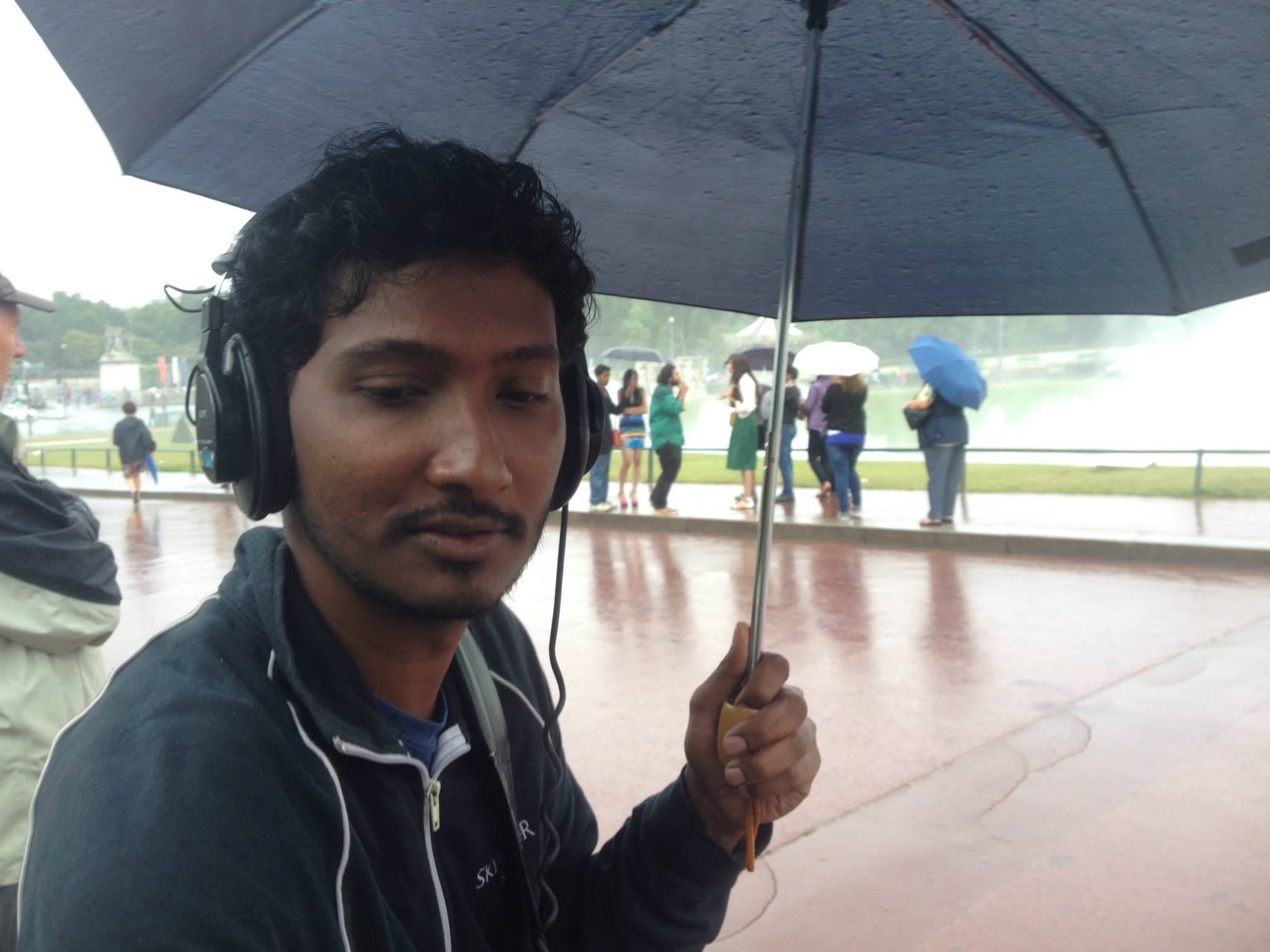
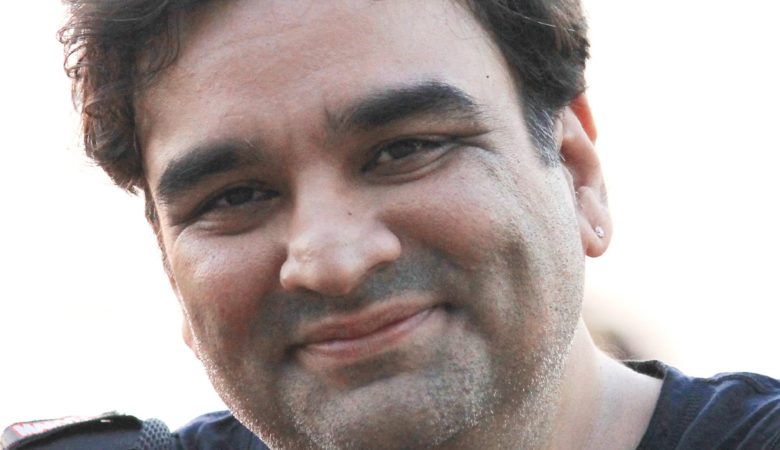
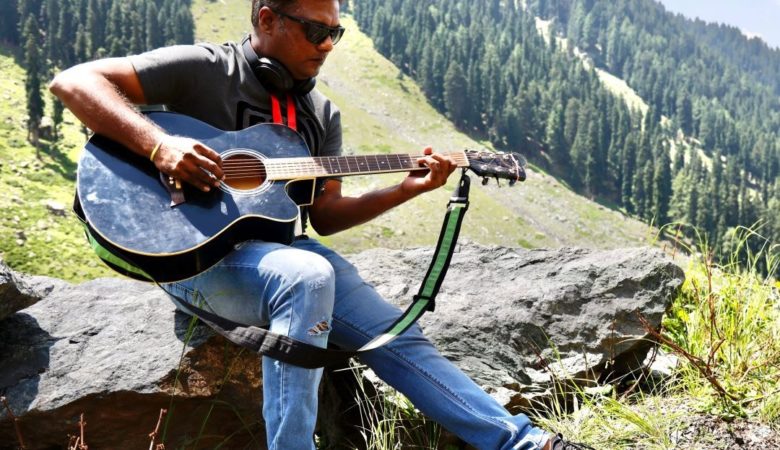
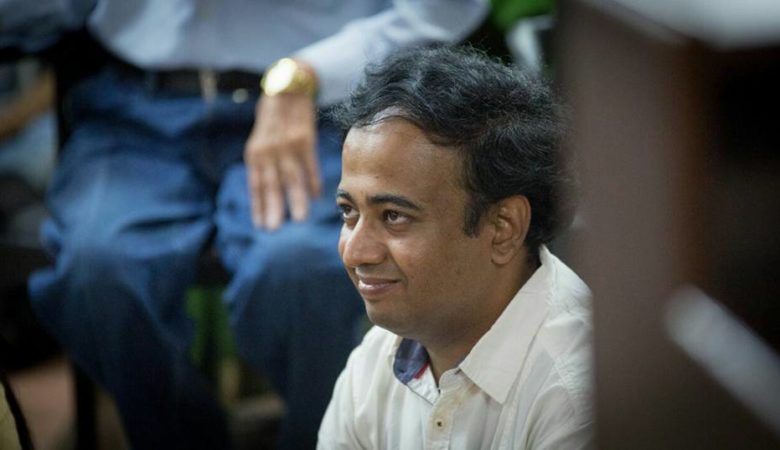

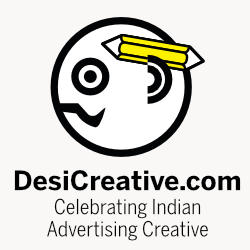
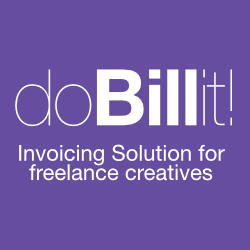
nice interview